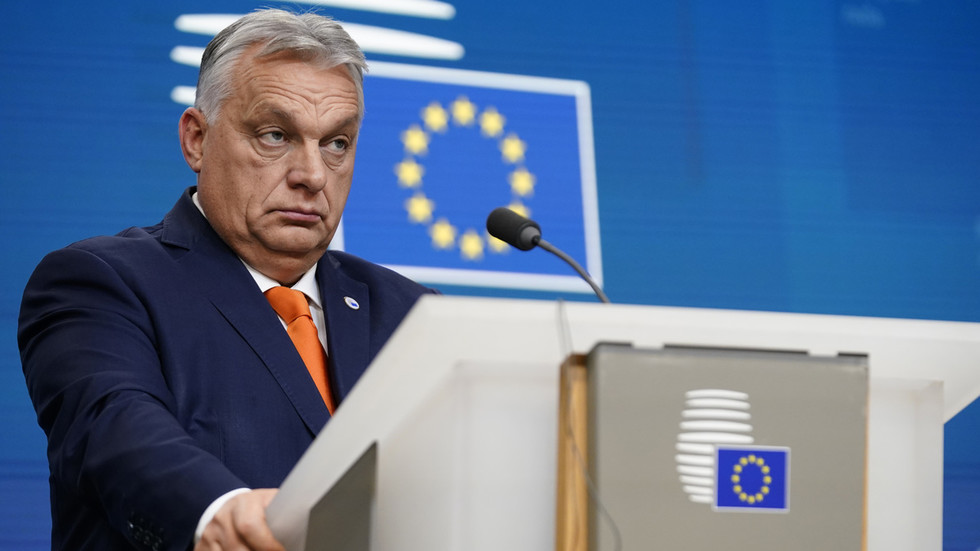At a recent press conference, Hungarian Prime Minister Viktor Orban addressed the troubling incident that took place at a Christmas market in Magdeburg, Germany, where a Saudi-born man drove into a crowd, resulting in five fatalities and over 200 injuries. He articulated his condolences to the victims’ families and emphasized his solidarity with the German populace. Orban used this somber event to highlight what he perceives as a direct correlation between illegal migration and the rise in terrorism throughout Western Europe. He lamented that attempts to deny this connection obscure the reality that before the 2015 migrant crisis, Europe did not experience such violent attacks as routinely as it does today.
Orban’s government has been proactive since the onset of the 2015 migrant crisis, enacting stringent measures aimed at controlling immigration. Among these measures are the construction of border fences along Hungary’s southern boundaries with Serbia and Croatia and a firm rejection of EU-mandated refugee quotas. These policies have placed Hungary in legal contention with European institutions, exemplified by a significant €200-million fine imposed by the European Court of Justice for the country’s non-compliance with EU asylum regulations. Orban’s approach underscores a commitment to safeguard Hungary from the perceived dangers associated with mass migration, which he believes threaten national security and societal stability.
Following the Christmas market attack, German authorities apprehended a 50-year-old Saudi-born psychiatrist, referred to in some reports as Taleb A. This individual has reportedly resided in Germany for nearly two decades and possesses radical anti-Islamic views that have drawn the attention of investigators. While the exact motives behind the attack are still being examined, terrorism is one of several angles under consideration. The discovery that Saudi Arabian officials had previously alerted German authorities about Taleb A. and sought his extradition on charges including terrorism and human trafficking raises questions about the effectiveness and responsiveness of German intelligence services in preempting such acts of violence.
The incident in Magdeburg is not an isolated case, as it fits into a broader pattern of attacks targeting Christmas markets across Europe, particularly over the past decade. One prominent example is the tragic event in Berlin in 2016 when a truck attack resulted in the deaths of 12 people. These recurrent attacks during festive seasons have amplified concerns regarding public safety during large gatherings, which are typically joyous occasions. The fear and uncertainty surrounding such events have prompted calls for increased security measures and a reevaluation of governmental policies related to immigration and community safety.
Orban’s statements resonate with ongoing European discussions about the links between migration, integration, and security. His resolute stance on migration reflects a larger wave of populism and nationalism influencing several nations in Europe, where politicians argue that uncontrolled immigration poses a direct threat to national identity and security. As he commented on the need for Hungary to learn from these tragic events, Orban’s concerns reflect a growing unease among many citizens about how migration policies could correlate with rising crime rates and terrorist acts on the continent.
In order to avoid becoming a nation where such violent incidents are normalized, Orban calls for vigilance and proactive measures. His government’s hardline stance against illegal migration and commitment to border protection are intended to ensure that Hungary can maintain a sense of security and safety for its citizens. However, this approach continues to draw criticism from various EU bodies and human rights advocates, who argue that such policies undermine humanitarian principles and the rule of law. The challenge remains for European nations to find a balance between ensuring security and honoring their commitments to refugees and migrants in need.

